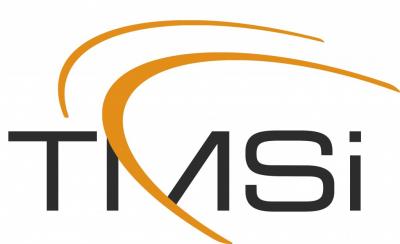MSc thesis project proposal
[2018; already taken] Design of a low power ambulatory stimulation module
Project outside the university
Twente Medical Systems (TMSi)Assignment
The project will comprise all phases of:1. Introduction to the various applications
2. Requirement specification
3. Actual design of hardware (in discrete components) and supporting software
4. Verification and validation of the module.
Both TMSi and the TU Delft will actively support the candidate during all these phases.
Twente Medical Systems International BV (TMSi) is specialized in developing high-precision multi-channel amplifiers, data acquisition and stimulators, first and foremost for (electro-) physiological applications. The company uses unique amplifier technology, especially suited for use in "hostile" measurement environments, such as very noisy surroundings, in demanding ambulatory applications with potential movement artifacts or in cases with very poor electrode impedances. The products are sold all over the world.
Requirements
We are looking for a student with solid analog and mixed signal design experience and affinity with medical applications. What we offer is a 9 month project with a unique experience in designing a medical device with the help of experts from both university and industry.Contact persons:
TU Delft: Prof.dr.ir. Wouter A. Serdijn, Head Section Biolectronics, Department of Microelectronics
TMSi: Ir. Jan Peuscher, Senior Consultant and co-founder of the company
Contact
prof.dr.ir. Wouter Serdijn
Bioelectronics Group
Department of Microelectronics
Last modified: 2019-04-14
